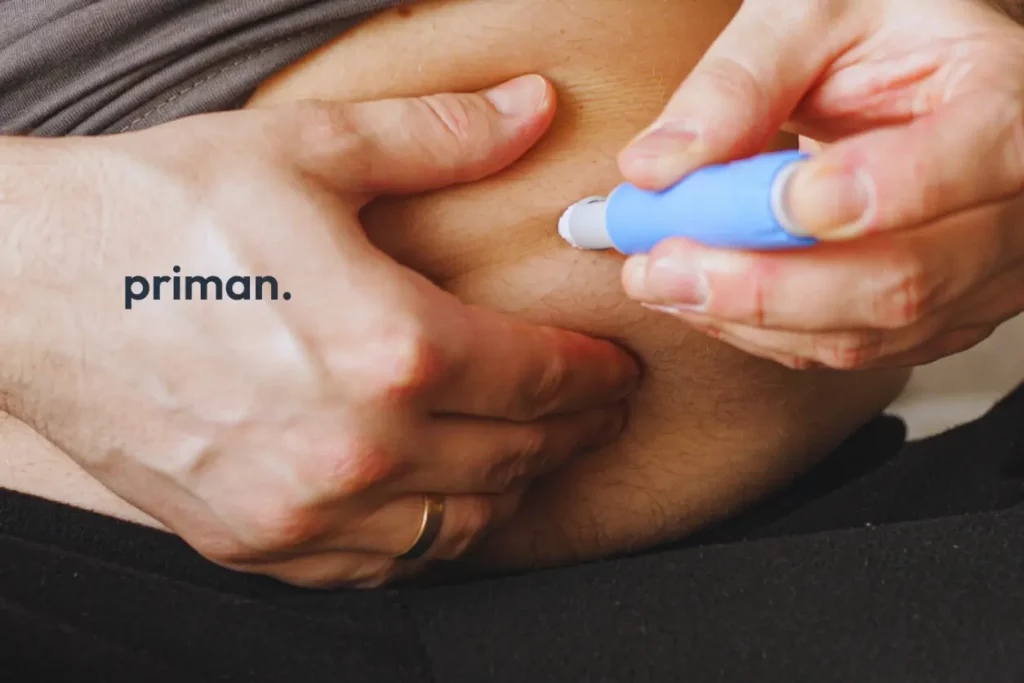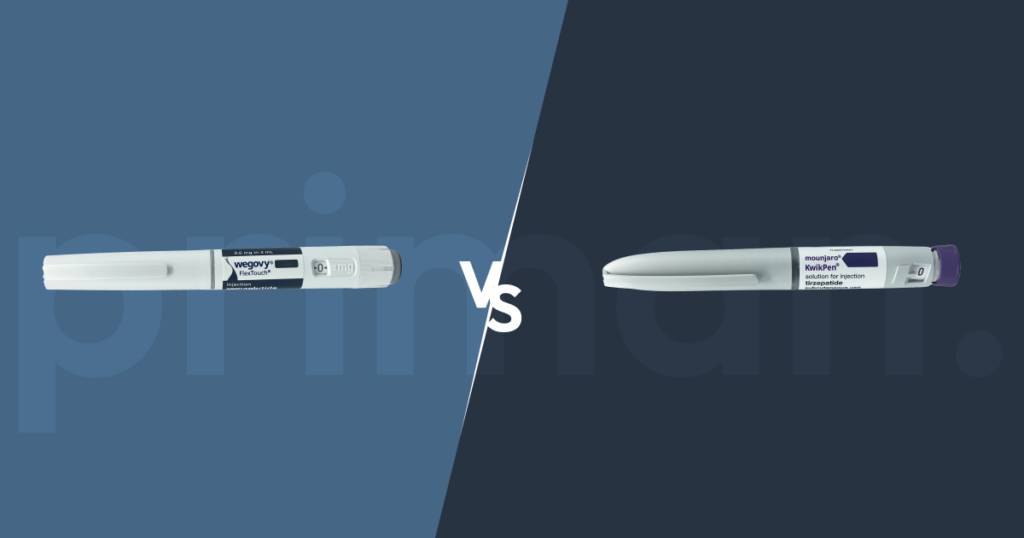Testosterone, the hormone often associated with masculinity, plays a crucial role in various bodily functions for men. It influences muscle mass, bone density, sex drive, mood, and even red blood cell production. So, it’s understandable to be concerned if you suspect your testosterone levels might be low.
One factor that can significantly impact testosterone production is obesity. Let’s look into the science behind this connection and explore how maintaining a healthy weight can benefit your testosterone levels.
The Connection Between Obesity and Low Testosterone
Numerous studies have established a well-defined link between obesity and low testosterone levels. Men with a higher body mass index (BMI) are more likely to experience testosterone deficiency. This association seems to be particularly strong for men with central obesity, where fat accumulates around the abdomen.
- Healthy Weight: 18.5 to 24.9
- Overweight: 25 to 29.9
- Obese: 30 or above
Higher BMI = Lower Testosterone
Low testosterone = Weight Gain: It’s a vicious cycle
How Does Obesity Affect Testosterone?
Obesity disrupts the delicate hormonal balance in the body in two primary ways:
- Aromatase Activity: Fat cells, particularly those concentrated around the belly, contain an enzyme called aromatase. This enzyme converts testosterone into estrogen, the female sex hormone. As a result, with increased fat mass, the body produces less available testosterone.
- Sex Hormone Binding Globulin (SHBG): SHBG is a protein that binds to testosterone in the bloodstream, making it inactive. While some testosterone remains bound, the rest is free to exert its effects. Obesity can cause a rise in SHBG levels, leading to a decrease in free testosterone, even if total testosterone production isn’t significantly impacted.
Symptoms of Low Testosterone
While low testosterone levels can sometimes go unnoticed, some common symptoms include:
- Decreased sex drive (libido)
- Erectile dysfunction
- Reduced muscle mass and increased body fat
- Fatigue and low energy
- Difficulty sleeping
- Mood changes, such as irritability or depression
- Breast enlargement (gynecomastia)
Obesity and Low Testosterone
The relationship between obesity and testosterone appears to be cyclical. Low testosterone levels can contribute to weight gain by:
- Reducing muscle mass: Muscle burns more calories at rest than fat. Lower testosterone can lead to decreased muscle mass and a slower metabolism, making it harder to burn calories and maintain a healthy weight.
- Decreased motivation and energy: Testosterone plays a role in energy levels and mood. Low testosterone can lead to fatigue and decreased motivation to exercise, further hindering weight loss efforts.
Combating Low Testosterone
The good news is that weight loss can significantly improve testosterone levels. Studies have shown that even modest weight loss (5-10% of body weight) can lead to a substantial increase in testosterone. Here are some lifestyle changes that can promote healthy weight loss and potentially boost testosterone:
- Diet: Focus on a balanced diet rich in fruits, vegetables, whole grains, and lean protein. Limit processed foods, sugary drinks, and unhealthy fats.
- Exercise: Regular physical activity, particularly strength training, can help build muscle mass and improve insulin sensitivity, both of which can positively impact testosterone levels. Aim for at least 150 minutes of moderate-intensity exercise or 75 minutes of vigorous-intensity exercise per week.
- Quality sleep: Getting enough sleep (7-8 hours per night) is crucial for overall health, including testosterone production.
- Weight loss medication: Medications, such as GLP-1 injections (Wegovy, Mounjaro or Saxenda) or tablets can help in losing weight. These can help with appetite control and blood sugar regulation, potentially aiding weight loss. Talk to your healthcare professional before considering medications.
- Testosterone Replacement Therapy (TRT): It is a shot, patch, or gel of the hormone testosterone to bring the level back to normal.
- Sleeve Gastrectomy: Bariatric surgery like the sleeve gastrectomy may be an option for those with a BMI over 40 or 35 with weight-related health problems. It restricts stomach size, promoting weight loss and often leading to improved testosterone levels.
Seek Clinical Help
If you’re experiencing symptoms of low testosterone and are concerned about your weight, it’s crucial to consult your healthcare professional. They can measure your testosterone levels and advise on the best course of action, which may include weight management strategies, lifestyle changes, or even testosterone replacement therapy in some cases.
Conclusion
Obesity and low testosterone are interconnected issues. By maintaining a healthy weight through diet, exercise, and adequate sleep, men can optimise their testosterone levels and experience the numerous health benefits it offers. However, if you suspect low testosterone, it’s important to seek professional medical advice to ensure a proper diagnosis and discuss treatment options.
References
- Diaz-Arjonilla, M. et al. (2009) “Obesity, low testosterone levels and erectile dysfunction,” International journal of impotence research, 21(2), pp. 89–98. doi: 10.1038/ijir.2008.42.
- Grossmann, M., Tang Fui, M. and Dupuis, P. (2014) “Lowered testosterone in male obesity: Mechanisms, morbidity and management,” Asian journal of andrology, 16(2), p. 223. doi: 10.4103/1008-682x.122365.
- Kelly, D. M. and Jones, T. H. (2015) “Testosterone and obesity,” Obesity reviews: an official journal of the International Association for the Study of Obesity, 16(7), pp. 581–606. doi: 10.1111/obr.12282.
- Overview – Obesity (How to tell if you’re living with obesity?) (2023). Available at: https://www.nhs.uk/conditions/obesity/.
- Pelusi, C. and Pasquali, R. (2012) “The significance of low testosterone levels in obese men,” Current obesity reports, 1(4), pp. 181–190. doi: 10.1007/s13679-012-0029-4.
- Shamim, M. O., Ali Khan, F. M. and Arshad, R. (2015) “Association between serum total testosterone and Body Mass Index in middle aged healthy men,” Pakistan journal of medical sciences quarterly, 31(2), p. 355. doi: 10.12669/pjms.312.6130.
- Testosterone replacement therapy (2024) WebMD. Available at: https://www.webmd.com/men/testosterone-replacement-therapy-is-it-right-for-you.









